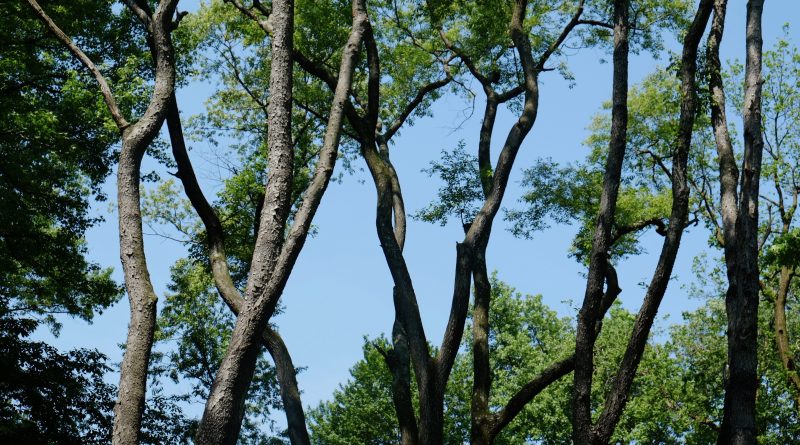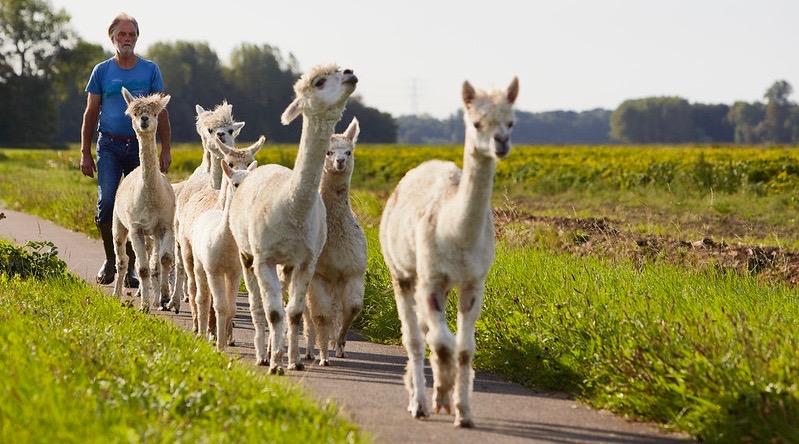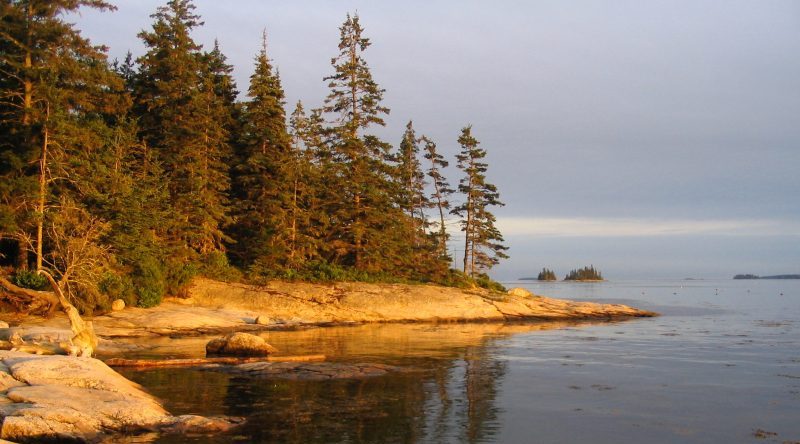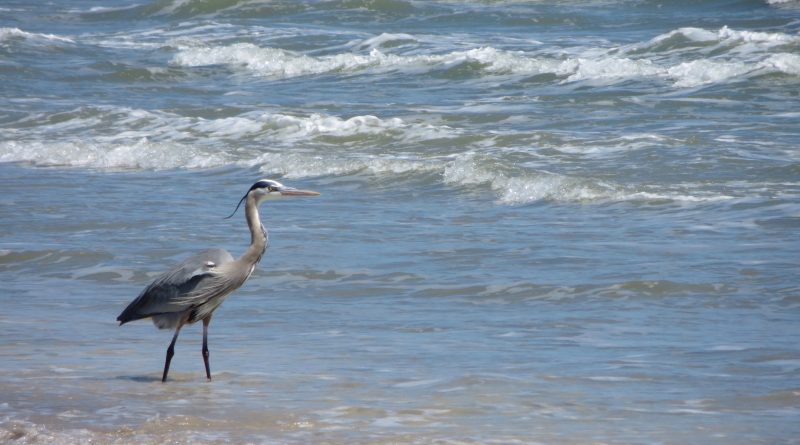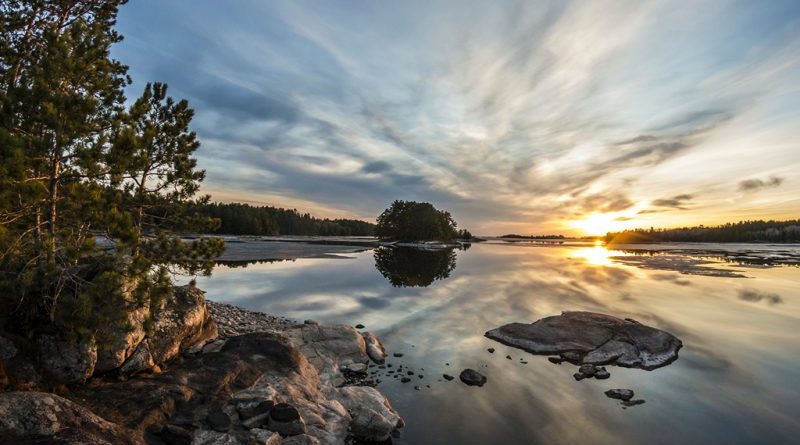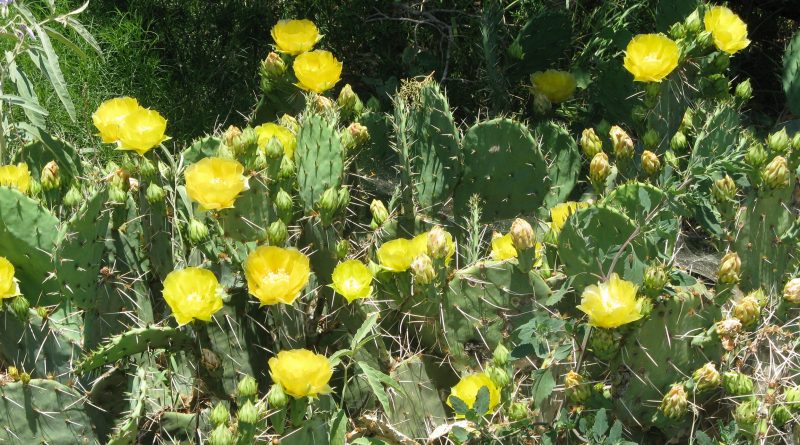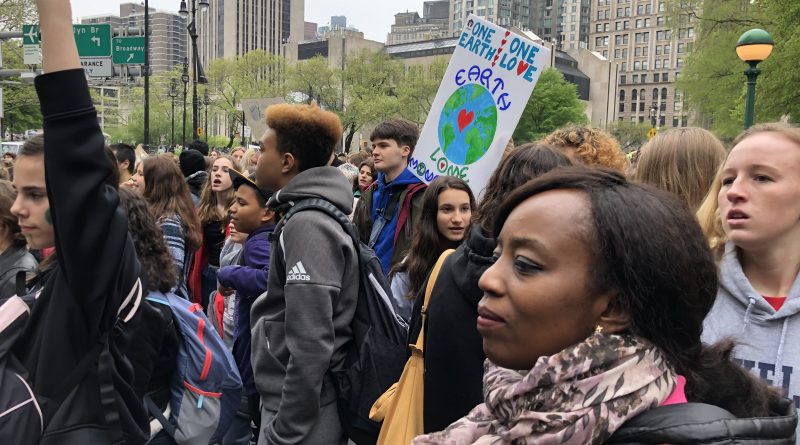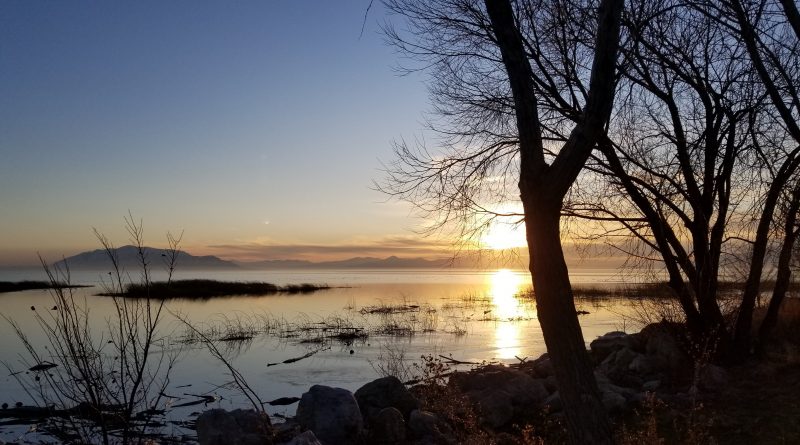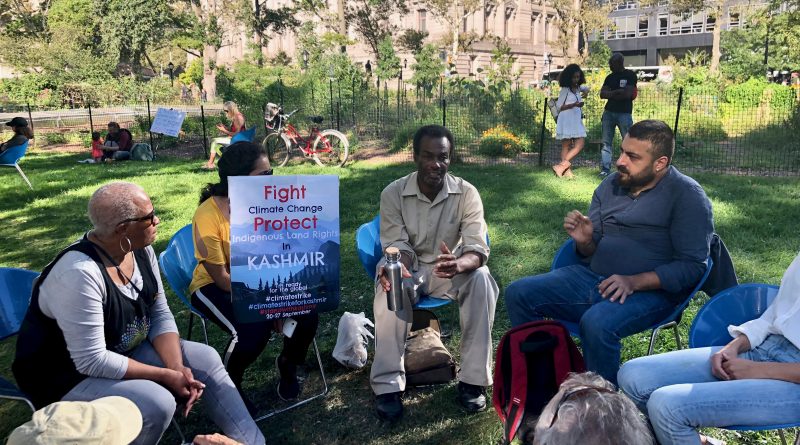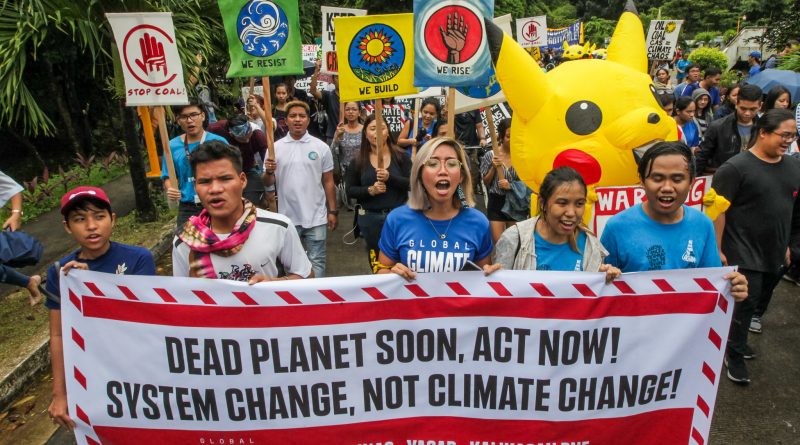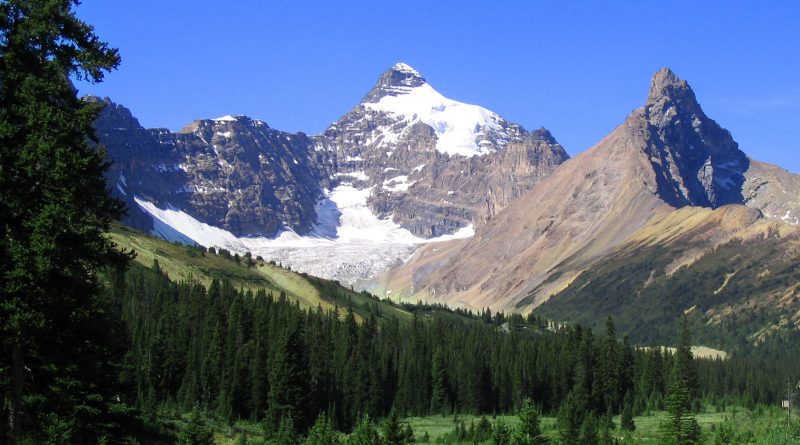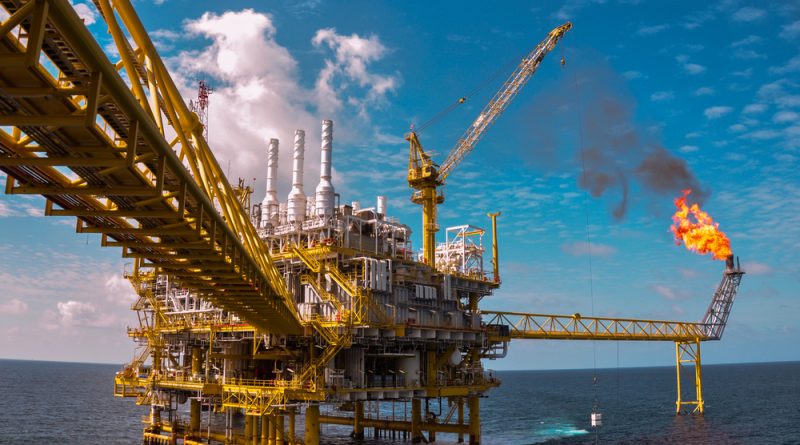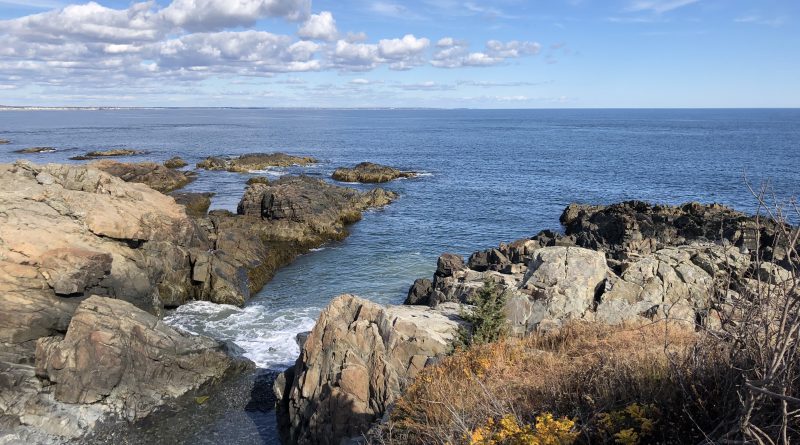What do we want? What should the climate movement be trying to accomplish?
How we see the current situation affects what we are trying for. It affects what we think are the most important things to do and how we go about getting them done.
We may see our current situation like this: vast use of fossil fuels has caused such high emissions of greenhouse gases that the climate is changing in ways that are disastrous for humans and other species. The best solutions are to dramatically increase the use of solar and wind power and to adopt some better practices with regard to food, farming and forests.
This description and its implied solutions are certainly accurate. All of the above is true. However, ….
Read more
